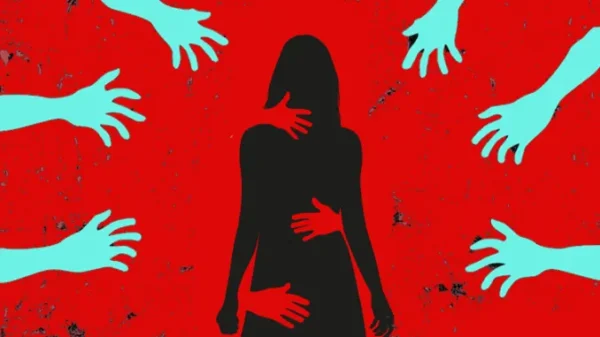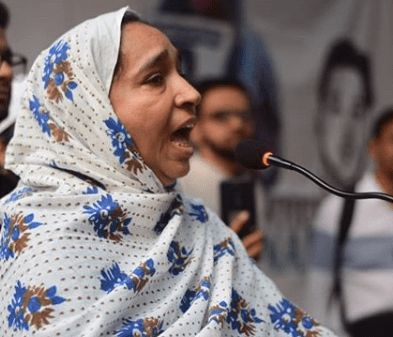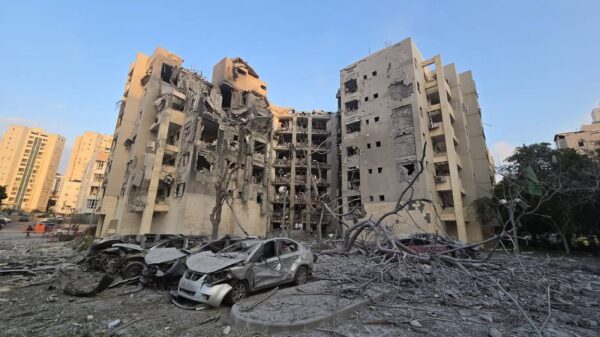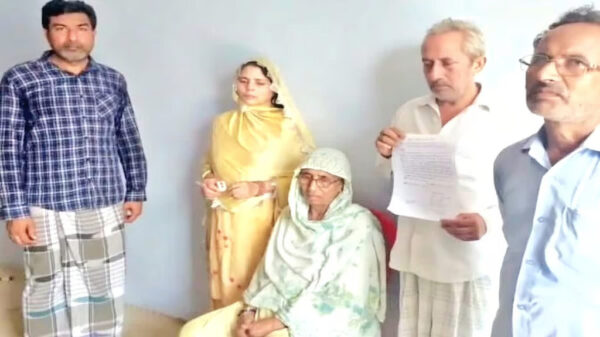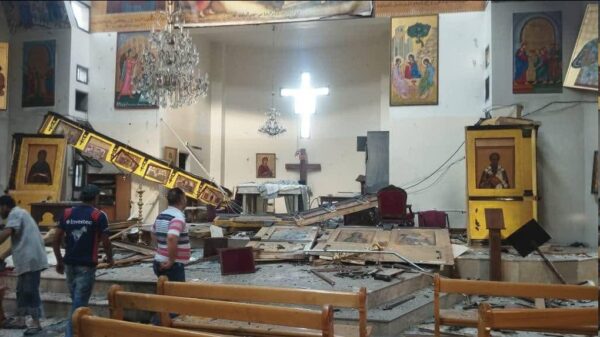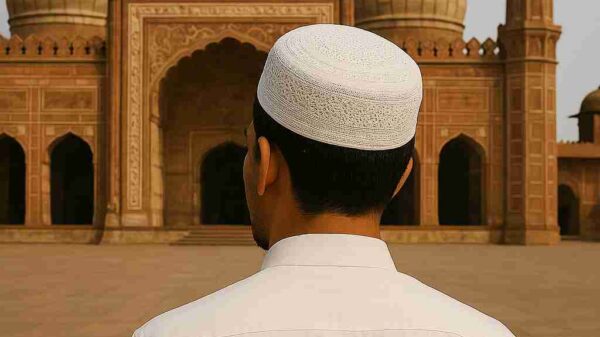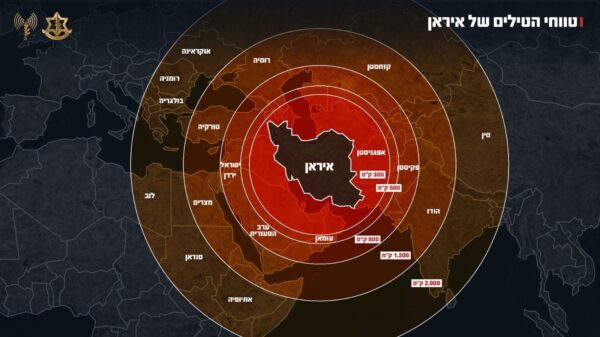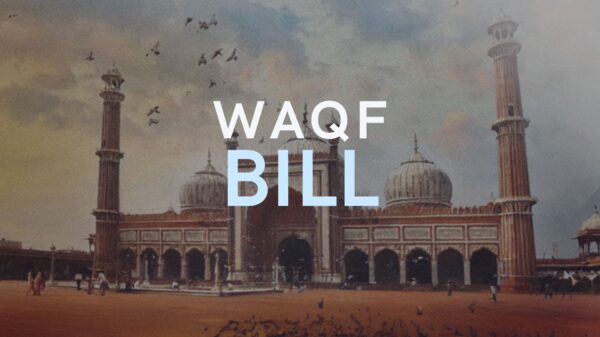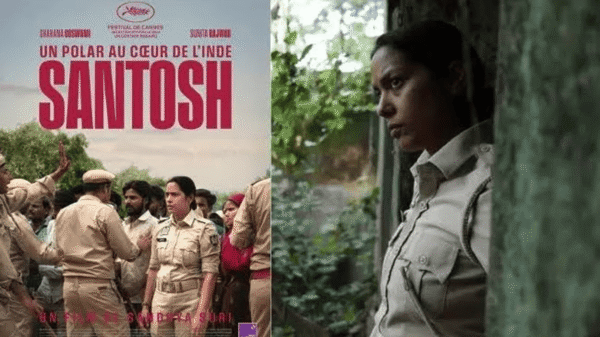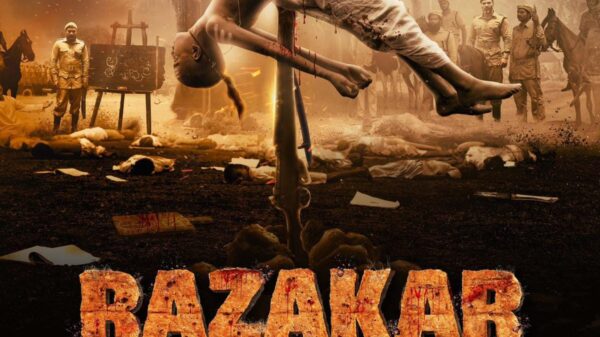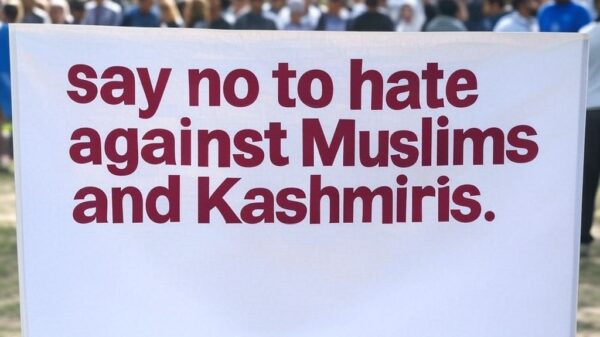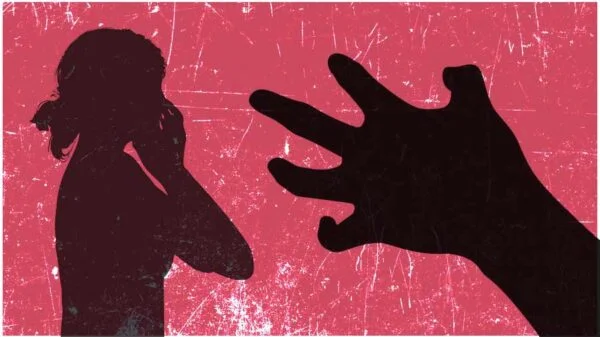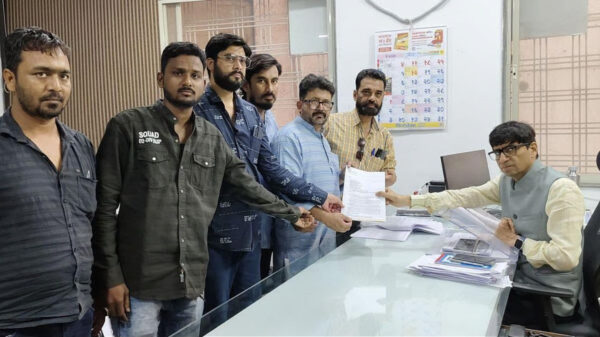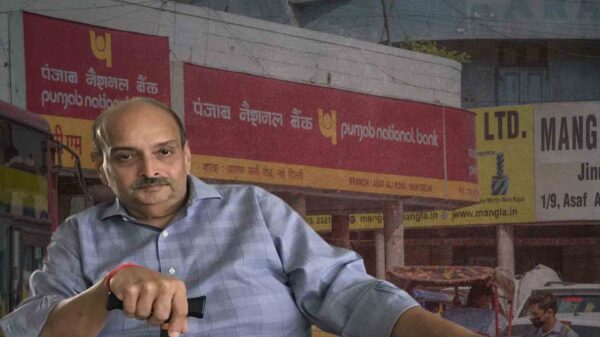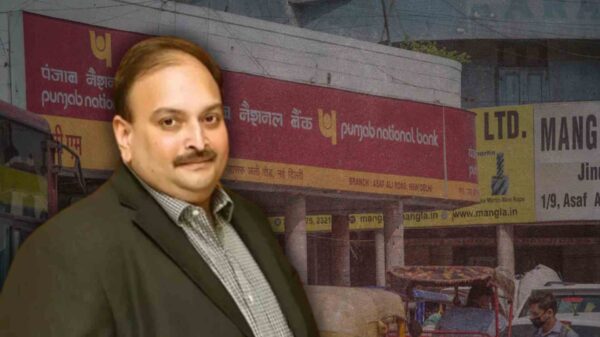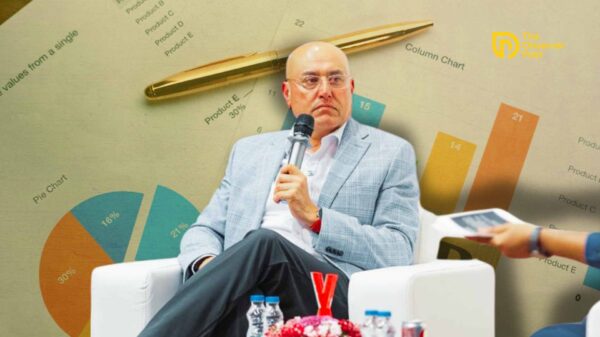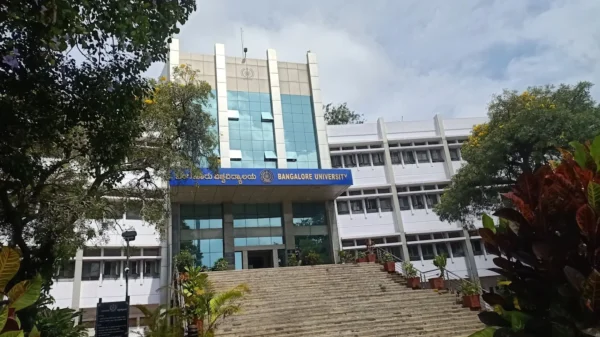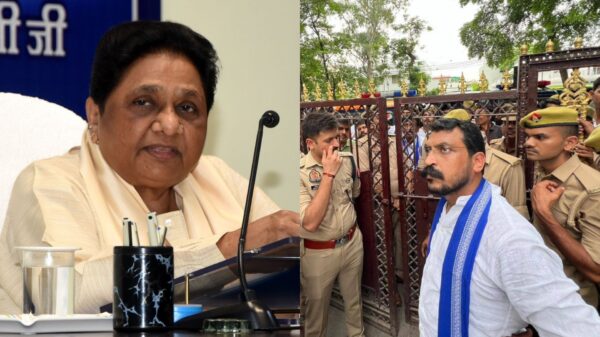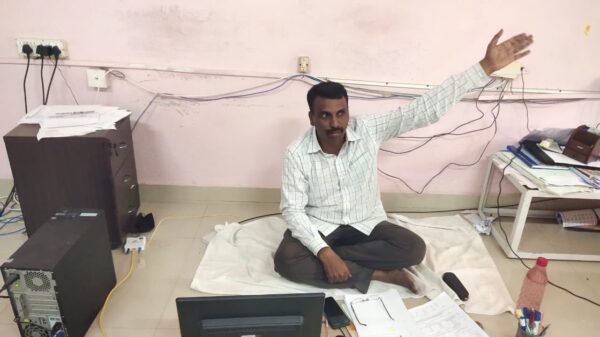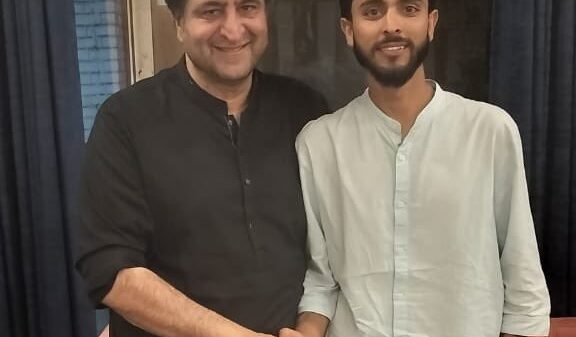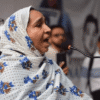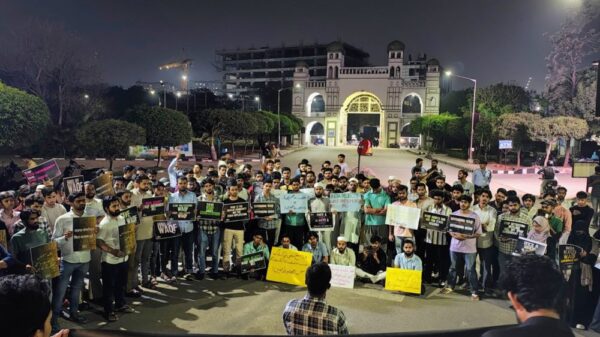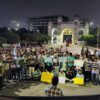Mashaal Library in Mustafabad, Delhi, led by 25-year-old Shabnam, offers hope to students. Managed by the Khair-H Foundation, the library provides affordable access to books and Wi-Fi for just 50 rupees per month. Located in a rural area, it bridges the gap for those unable to afford private libraries.
Shabnam, who also works as a freelance journalist and social activist, was inspired by her struggles to find a quiet place to study during her academic years.
“I realized that having a quiet study space should not be a luxury,” Shabnam reflects on the motivation behind her mission.
North East Delhi is bordered by the Yamuna River to the west and Ghaziabad District to the north. This area is known for sub-standard housing, lack of security, poor infrastructure, and limited development. The residents of this area mostly come from rural regions of Uttar Pradesh, Bihar, Rajasthan, and Madhya Pradesh. The population of North East Delhi’s Seelampur division is predominantly Muslim, with small numbers of Hindu Valmikis, Sikhs, and Christians. Many residents make a living by collecting and sorting rags or doing menial jobs to sustain themselves. While some work as shopkeepers, rickshaw pullers, and construction labourers, providing for their children’s education is a challenge due to their low incomes.
Learn more about Shabnam’s journey, her challenges as a young Muslim woman in establishing this library, the positive impact it has on the community, and how others can draw inspiration from her innovative idea in our interview with her.
Can you tell us more about yourself and what motivated you to establish a library in North East Delhi?
Shabnam: The lack of a peaceful study environment during my academic years inspired me to open this library. It is a charitable library, primarily for individuals who cannot afford the high costs of private libraries. Access to a quiet study environment is a luxury, especially in areas like Mustafabad. It is a luxury that not everyone can afford, so we decided to make it accessible to all.
What is the name of your library? Is there a story behind it? and how did the library come into existence?
Shabnam: The library is called the ‘Mashaal Library’, and indeed, there is a story behind it. I had a dream to contribute to the betterment of society without a clear plan of how or when to do so.
In 2020, during the anti-CAA protest in Mustafabad following the Shaheen Bagh protest, we opened a small and temporary library at the protest site. It was named Sabki Library, and with the support of local women participating in the protest, we started the library with 500 books. Unfortunately, we lost all the books during the Delhi riots as the protest site and Sabki Library were razed or burnt down.
I decided to re-establish the library due to the positive response from the locals. My brother Danish and I approached various people over the next two years but faced challenges as long-term commitments were difficult for many, and trust was also a major hindrance due to my not-so-popular identity, at the time.
I reached out to Dr. Anwar, the owner of the property, twice – first in 2022, which was unsuccessful, and again in January 2023 through friends. Fortunately, we were able to convince him to open the library. With support from family and friends, we began the library work, requesting donations for books and furniture.
Alhamdulillah, we received a positive response, and things fell into place. The library operates under my NGO, “Khair H Foundation,” which was registered in 2022.
What inspired you for this endeavour, and why?
Shabnam: In India, Muslims primarily live in ghettos where resources are lacking. Finding libraries in these areas used to be very rare. During my college days, when I decided to prepare for competitive exams, I had to travel 6 km to a government library that was dimly lit and lacked proper security. Why a government library? Because I could not afford a private library subscription. This made me wonder, why don’t we have libraries in Muslim areas? Why are we lacking in such basic facilities? I came to the conclusion that the lack of essential facilities is due to the corrupt politics and indifferent leadership in our areas.
Our library has more female students than male, highlighting the urgent need for such spaces.

My parents are also my biggest inspiration. Both of them experienced poverty and hardships during their childhoods. My father used to work in factories and do manual labour to provide for the family. Despite his desire for education, he couldn’t pursue it. My parents worked tirelessly to ensure we received a good education. Now we have one simple dream – to help those who struggle to even afford necessities, receive a good education. My brother and I are striving to fulfil this dream.
How do you ensure the library is accessible and welcoming to all?
Shabnam: Many students, from underprivileged backgrounds, living in overcrowded rented rooms with large families come to our library. The library offers books that these students cannot afford, along with Wi-Fi access for online study materials. The library charges a minimal fee of 50 rs/month, making it a charitable space, focused on promoting education for all.
At Mashaal Library, we focus on academic books, as well as novels in Hindi, Urdu, and English. Donors contribute books regularly, and we also strive to provide students with materials necessary for their coursework, and the books required for competitive exam preparation.
What have been some of the biggest challenges you’ve faced before and after opening a library, and how did you overcome them?
Shabnam: Financial issues have been a challenge for us. While we are fortunate not to have to pay rent, thanks to Dr Anwar’s trust and support, we still need to cover expenses like maid salary, Wi-Fi, and electricity bills, among other things. It can be frustrating at times, as we rely on donors to contribute to the project, and we can only request their support.
Have you encountered any resistance or criticism based on your identity or the library’s mission, and if so, how did you address it?
Shabnam: No, since the library is situated in a Muslim-majority area, we have not faced any such challenges. In fact, the local residents have shown appreciation for opening the library in their neighbourhood.
Can you share a memorable story or success that has resulted from running this library? How do you measure the impact of your library on the community?
Shabnam: One of the most rewarding aspects of running the library is seeing students who cannot afford the monthly fee share their stories of perseverance and determination to achieve their dreams, whether it’s becoming a doctor, teacher, or civil servant. These students spend 7 to 8 hours in the library, showcasing their commitment to education.
This dedication serves as a testament to the success of Mashaal Library. Our goal is to support students in overcoming challenges and reaching their aspirations, which has been realized, thanks to the overwhelming feedback and gratitude we have received from them.
The increasing number of library members each day, along with their positive feedback, serves as a measure of our success. Events like Quiz contests, where about 40 to 60 students participate every day, indicate that we are moving in the right direction.

By offering not just a reading space but also a platform for learning, competition, and continuous growth, the library has become an essential part of the community. Workshops on various subjects cater to the curiosity of students and their active participation is what tells our success story.
What are your plans for the library? How can people support you, and what kind of assistance or resources are you seeking?
Shabnam: I’m planning to start counseling sessions and classes for dropout students, in addition to providing library services. We are also working to collaborate with other NGOs to offer free classes to underprivileged students preparing for competitive exams. Additionally, we are organizing a scholarship exam to support the education of students from disadvantaged backgrounds.
Mashaal Library is in discussions with two local Madarsas in the area to provide free English-speaking courses to over 40 young students from less-privileged families. Currently, we are establishing tuition centres in Jhangir-puri, Shastri Park, and Mustafabad. We aim to provide free, quality education to those who cannot afford it. We are also striving to connect them with other organizations in similar sectors to ensure more students can benefit from continuing their studies and achieving their goals.
In addition to these efforts, we have conducted medical camps to provide free healthcare to hundreds of people. While undertaking such a significant initiative was challenging, we received support from Al-Hind Hospital and doctors to organize these medical camps. Not only did residents benefit from the camps but library students also received medical assistance.
Recently, we have received requests from students to organize camps for mental health due to financial constraints. I will once again reach out to my contacts and social media to seek support for these essential initiatives, especially given the growing communal tensions in the country that disproportionately affect the Muslim community.
What message do you have for other young people, especially girls who might want to embark on similar initiatives?
Shabnam: My message to young people is: ‘The community needs you’. Do not hesitate to start working towards your goals with determination and high aspirations. Stay patient and consistent, and do not give up. Your contributions are invaluable, and we greatly need your involvement.
To girls facing societal challenges when pursuing their careers, remember the saying, “Kuch to log kahenge, logo ka kaam hai kehna” (people will always say something, it’s their job to talk). I have personally faced societal resistance towards girls aspiring for their careers, and it can be challenging, but do not let their words affect you. You will find supportive and encouraging individuals along the way. Us as a community must remain steadfast and focused on working for the common good.






